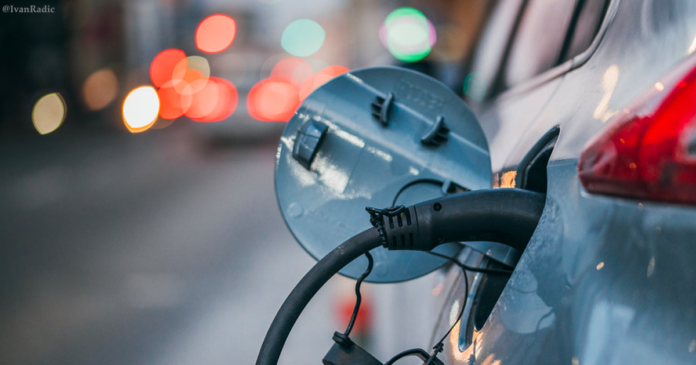A Consumer Reports survey found that electric vehicles were far less reliable than conventional gasoline-powered cars.
The survey, encompassing vehicles from 2000 through 2023, with a few early-introduced 2024 model years, revealed that electric vehicles (EVs) encounter 79% more problems than gas vehicles.
The report gathered data from over 330,000 vehicles and asked consumers about vehicle problems in the previous 12 months.
Consumer Reports evaluated 20 problem areas for vehicles — from small issues like squeaky brakes and broken interior trim to large ones such as out-of-warranty engines, transmission, EV battery, and EV charging problems.
Of the 20 areas, Internal Combustion Engine (ICE), aka gas, vehicles have 17 potential trouble areas.
EVs can have up to 12 trouble areas. Many issues encountered by ICE vehicles, such as those with engine and transmission, are not included.
Owners of electric vehicles report more frequent issues, primarily with battery and charging systems, as well as problems related to the fit of body panels and interior parts.
The report also highlights that plug-in hybrid electric vehicles (PHEVs) are more problematic than fully electric vehicles. PHEVs have 146% more problems than gas vehicles.
PHEVs can experience all 20 trouble areas—17 from ICE vehicles, as well as electric motors, EV batteries, and EV charging.
The report suggested that PHEVs have more problems than their counterparts because they combine internal combustion engines with an electric drive, creating additional complexity and additional potential problem areas.
In contrast, traditional hybrid vehicles, which have been around for about a quarter of a century, are proving to be more reliable than gasoline vehicles. The long-standing presence of these vehicles in the market has allowed manufacturers to resolve many of the initial issues.
Hybrids have 19 potential trouble areas. Seventeen of these are from ICE vehicles, as well as electric motors and EV batteries.
Battery-powered hybrids, however, are the most reliable vehicle of them all. Hybrids have 26% fewer problems than gas vehicles.
Sales growth for EVs has slowed considerably. From a 90% year-over-year growth in June 2022, the rate fell to about 50% by the same time in 2023.
EVs simply aren’t selling. Due to this, a letter signed by nearly 3,900 U.S. auto dealers was sent to US President Joe Biden on Tuesday. The letter said that most US car buyers are not interested in buying battery electric vehicles, even with government incentives, and they are asking the U.S. government not to force them to do so.
The current U.S. federal regulations mandate that two out of every three vehicles sold in the US by 2032 will have to be electric.
Canadian consumers feel the same way. A recent survey found that 66% of Canadians said they were unlikely to consider buying an electric vehicle for their next car purchase, higher than the 53% who felt that way in 2022. Canada has a goal of 100% of new vehicles sold as being electric by 2035. EVs have an average price tag of $73,000, according to Canadian Black Book.





















